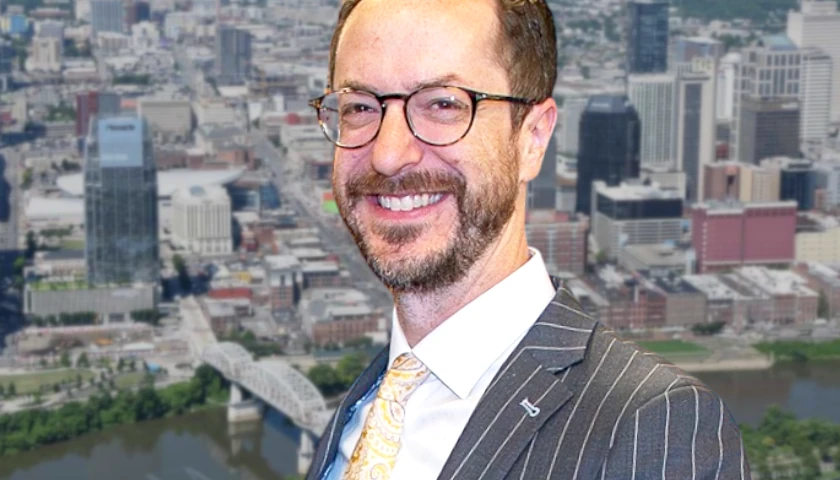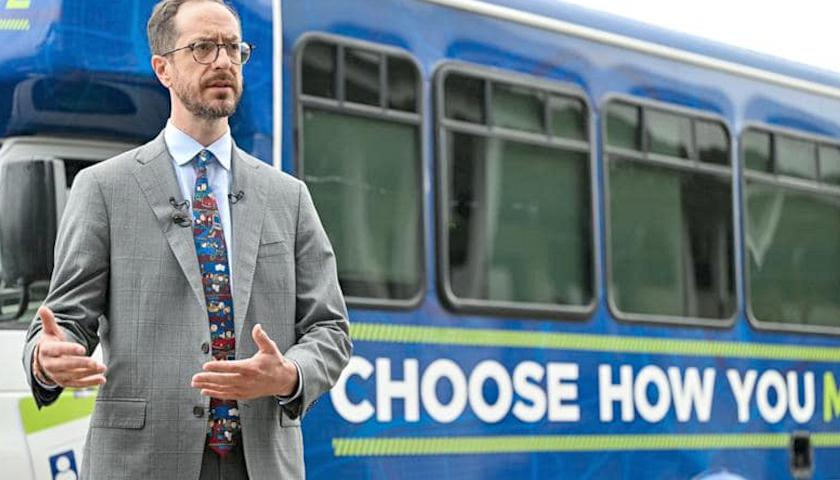A pro-transit coalition of business and community leaders backed by the Nashville Area Chamber of Commerce has begun the second phase of a project studying possible sources of tax revenue.
In addition to raising the gax tax to fund road improvements, the IMPROVE Act recently passed by the state legislature and signed into law by Gov. Bill Haslam allows municipalities to hold referendums on raising local taxes for transit.
Nashville Mayor Megan Barry plans to have a referendum on the ballot in 2018 to raise taxes to support a tentative $6 billion regional transit plan to be phased in over 25 years. The plan would include light rail and rapid buses. Barry announced last month that a light rail project along the Gallatin Pike corridor would begin immediately.
The Moving Forward coalition will examine four potential local revenue sources: property tax, sales tax, hotel/motel tax and wheel tax, according to a news release issued May 11. The study will encompass the 10-county Middle Tennessee region. Property tax was not mentioned in the IMPROVE Act but local governments in Tennessee already have the authority to increase the property tax rate.
The new release said that “the study will provide multiple scenarios of 30-year revenue projections for each of the four funding sources, based on a range of tax rates and will include an additional scenario assuming the impact of significant technological changes, such as autonomous vehicles.”
Moving Forward chose the Boyd Center for Business and Economic Research at the University of Tennessee, Knoxville, led by Bill Fox, to do the work for the study, which is expected to be completed by early fall.
“Dr. Fox and his team do great work and have a lot of experience analyzing both tax and transportation issues in Tennessee,” said Mary Cavarra, co-chair of the Moving Forward Revenue and Finance Task Force, in the news release. “We are excited to partner with them on this important project.”
Dedicated last year, the Boyd Center is named for benefactors Randy Boyd and his wife Jenny. Formerly Gov. Haslam’s economic development commissioner, Boyd is now a Republican gubernatorial candidate. He has supported the IMPROVE Act and spoken positively of investing in infrastructure.
Opponents of the regional transit plan say it’s too grand and costly and that there are other ways to improve rush hour traffic, such as encouraging more people to work from home, staggering office hours and promoting carpooling and rideshare programs. Opponents point to transit boondoggles in other cities as a reason to be concerned.





